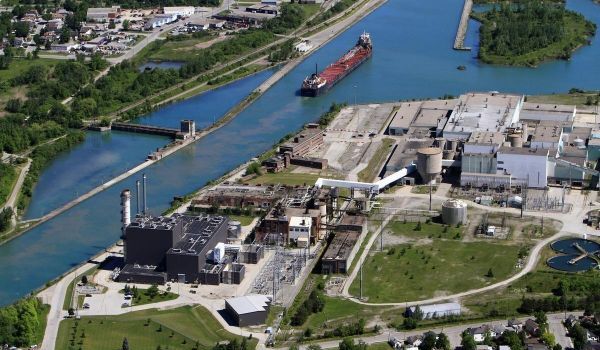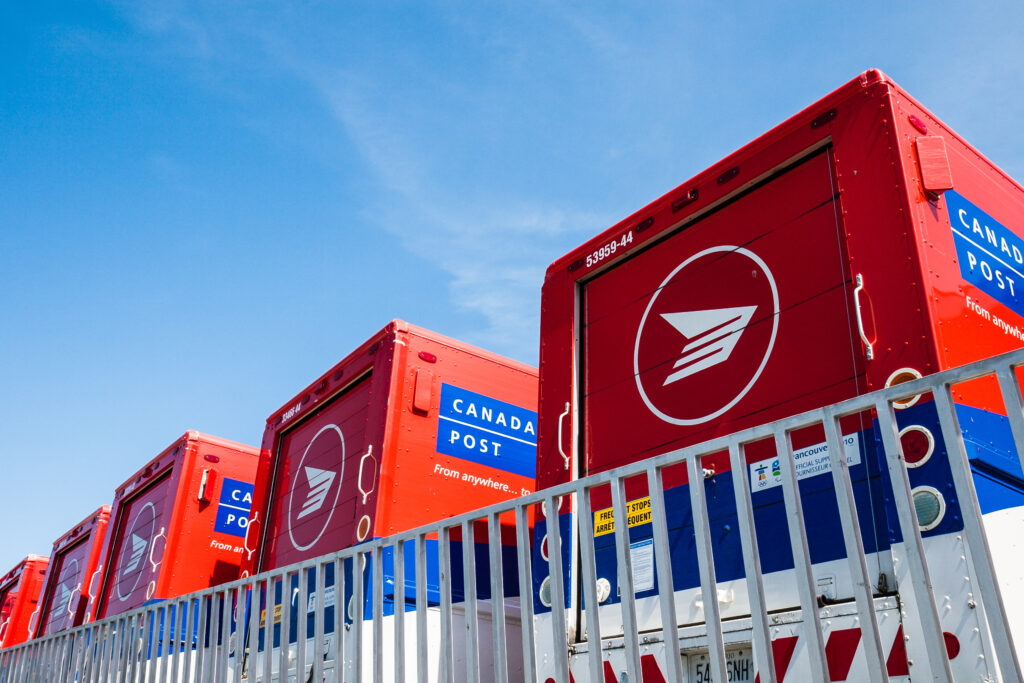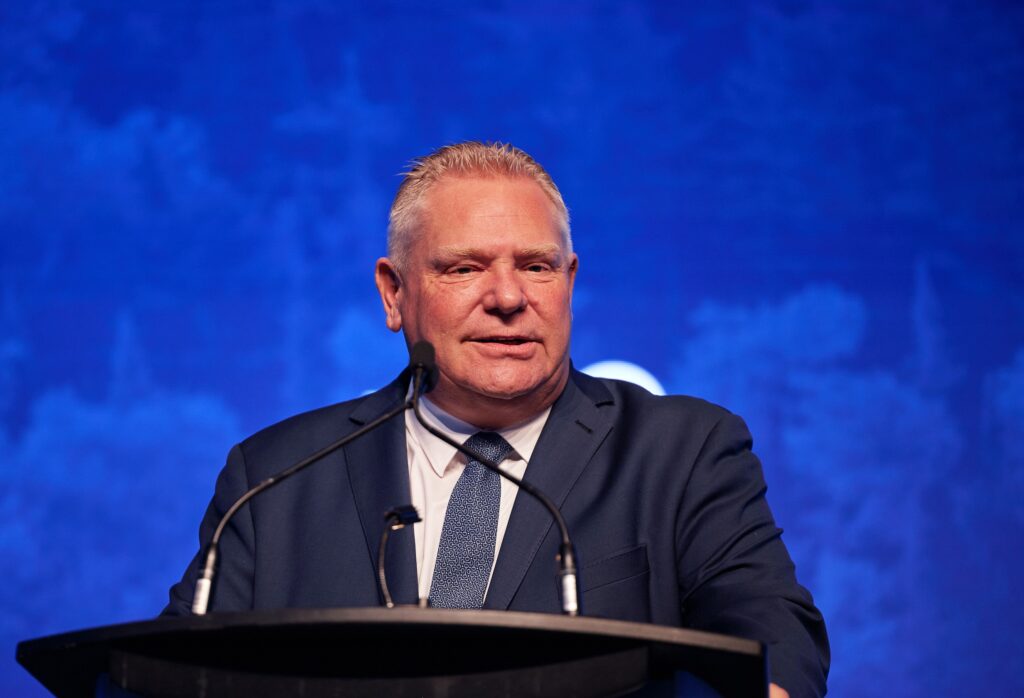In this edition:
- HOPA receives $13.8M in federal funding for Port Colborne biofuel terminal
- Canada Post workers issue 72-hour strike notice
- Federal government intervenes in port strikes, orders binding arbitration
- Governments of Canada and Ontario invest in EV chargers
- Issued building permits surge 11.5%, but industry association sounds alarm over slow residential numbers
- Premier Ford pitches kicking Mexico out of North American free trade pact
- Increased international travel spurred 2023 export growth
- Focus on Equity, Diversity & Inclusion
Did you know you can get the GNCC’s Daily Update emailed to you? Click here to sign up.

Photo credit: HOPA Ports
HOPA receives $13.8M in federal funding for Port Colborne biofuel terminal
Hamilton Oshawa Port Authority (HOPA) has received over $13.8M through the Government of Canada’s Green Shipping Corridor Program Clean Ports stream to construct a 12-acre, 8-million-litre biofuel terminal in Port Colborne, Ontario, on land managed by HOPA that will be operated in partnership with Canada Clean Fuels and Canada Steamship Line, offering refueling infrastructure within the Great Lakes region.

Photo credit: Blacqbook / Adobe Stock
Canada Post workers issue 72-hour strike notice
The union representing postal workers at Canada Post has issued a 72-hour strike notice, it announced Tuesday, Nov. 12. This puts the unionized members in a legal position to walk off the job on Friday, Nov. 15. The strike, however, can still be averted before it begins.
Canada Post and CUPW have agreed to continue the delivery of socio-economic cheques during any upcoming labour disruption, for eligible and participating government organizations.

Steven MacKinnon Official Portrait / Portrait Officiel, Photo credit: Mélanie Provencher, House of Commons Photo Services
Labour Minister Steven MacKinnon is intervening to end the work stoppages at ports in both British Columbia and Montreal.
The minister said on Nov. 12 that the negotiations have reached an impasse and he is directing the Canada Industrial Relations Board to order the resumption of all operations at the ports and move the talks to binding arbitration.
The GNCC, in partnership with chambers of commerce and business organizations across Canada, had previously called for the Government of Canada to intervene.

Photo credit: NVB Stocker / Adobe Stock
Governments of Canada and Ontario invest in EV chargers
Today, Julie Dabrusin, Parliamentary Secretary to the Honourable Jonathan Wilkinson, Minister of Energy and Natural Resources, announced an investment of $18.6 million to multiple organizations to install over 1,600 L2 and L3 chargers across Canada.
The Ontario government also announced that it is building over 1,300 new electric vehicle (EV) charging ports in small and medium-sized communities, marking a major milestone in the province’s plan to increase access to EV chargers outside of large urban centres and support the electrification of transportation across the province.

Photo credit: karamysh / Adobe Stock
The total value of building permits in Canada increased by $1.3 billion (+11.5%) to $13.0 billion in September, reaching the second-highest level since the start of Statistics Canada’s new data series in January 2017.
However, construction intentions in the residential sector edged up 0.5% (+$101.1 million) to $22.4 billion in the third quarter, representing the slowest growth out of the first three quarters of 2024.
A new report by the Residential Construction Council of Ontario (RESCON) warns that housing starts over the next few years will likely weaken and the already-dire supply shortage could get even worse.

Photo credit: Eurasia Group
Premier Ford pitches kicking Mexico out of North American free trade pact
On Tuesday, Ontario Premier Doug Ford floated the idea of returning to a Canada-U.S. bilateral pact like the one that predated the enactment of NAFTA in 1994.

Photo credit: Maksym Yemelyanov / Adobe Stock
Increased international travel spurred 2023 export growth
Canada’s exports and imports of services both increased in 2023, led by the growth in international travel. Exports of services totalled $208.5 billion in 2023, a 13.3% gain from 2022, while imports of services into Canada reached $205.9 billion (+8.9%).
Did you know?
Focus on Equity, Diversity & Inclusion
Canada’s immigration strategy: How reduced targets can preserve positive attitudes
Through the Daily Updates, the GNCC aims to deliver important business news in a timely manner. We disseminate all news and information we feel will be important to businesses. Inclusion in the Daily Update is not an endorsement by the GNCC.



